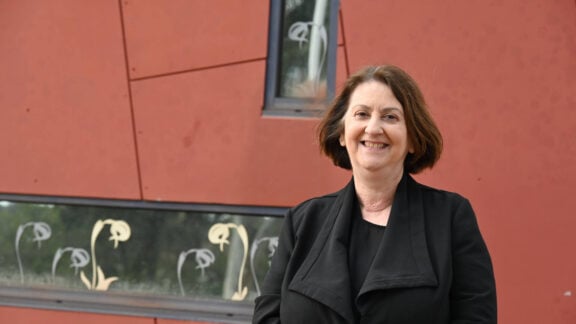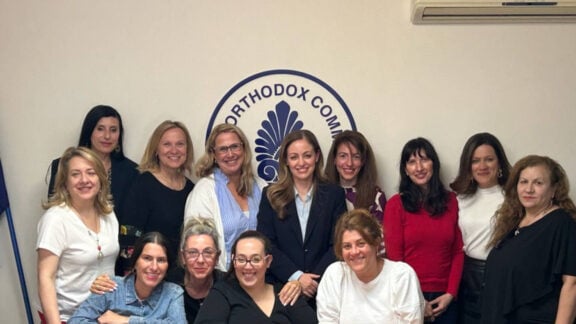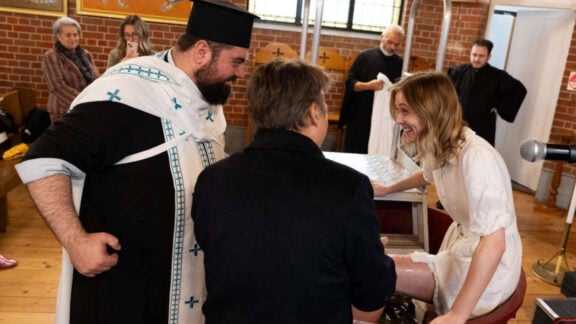This year will see brand new developments in the teaching of Modern Greek in Australia.
After years in the development stage, the Modern Greek language program for the national curriculum will be ready for approval in May and ready for implementation in July.
Uniquely it will be marketed to students with a Greek background and to students completely new to the language, a first for the language program nationally.
It is no news that student numbers in Modern Greek have been dwindling for some time, so it is some comfort to see the language open to all schools that want it.
Two programs have been created, one that runs from foundation to year 10, and one that starts from year seven. Both programs will include a lot of Greek Australian history, while involving an in-depth oral program.
Also enhancing the teaching of Greek is the way schools are adapting to the changing landscape of the Greek community in Australia. New Greek schools opening this year are catering to advanced students of the language, primarily those newly arrived.
The Greek Community of Melbourne and Victoria started their first Advanced Greek Language School (AGLS) on Tuesday and welcomed around 70 students to classes this week.
Despite there being many Greek schools in Australia, the syllabus has remained targeted to local students that are second and third generation speakers, and is inadequate for students that know Greek as their mother tongue.
“All these new Greeks in Australia have created some new circumstance, new needs – both cultural and educational,” AGLS school coordinator Maria Bakalidou told Neos Kosmos.
The curriculum at the school will be based on textbooks currently being taught in Greece, and many of the teachers have all had some experience working the Greek education system.
This initiative is one that might be reactionary, but stands alone in creating new options for a changing demographic.
The fate of Modern Greek has been hindered by the lack of unity and interest by schools and the community to keep it alive.
Professor Vrasidas Karalis says there needs to be a concerted effort to make studying Greek relevant to more people, not just students with a Greek background.
“All sectors involved in teaching Modern Greek must sit around a table, unify their strategies and coordinate their efforts,” he tells Neos Kosmos.
“The promotion of Greek is both a matter of studying our culture but also of making it relevant to what happens in this society now.”
“We must stop seeing it as a community, ethnic language: it is a language of national significance and has to be promoted as such.”
More community involvement is also a point the Consul of Education Affairs in Melbourne Mr Vasileios Gkokas wants to herald.
“We have the largest number of ethnic schools across Melbourne, about 40,” he told Neos Kosmos.
“The Chinese have almost 13 to 14.
“These schools do their job, whether religious, private, or community they do their job, but we need to coordinate our actions”.
The Ambassador of Greece to Australia Mr Haris Dafaranos plans to call a collective meeting with all the Greek language stakeholders in the country to discuss how – as a unit – the group can fund and help the language ferry the next few years.
The support of Greece will be there too, Mr Gkokas says.
The number of Greek teachers from Greece becoming available to teach Greek to the Greek Colleges to the Universities, the State School system or to the recognised afternoon Greek schools, might have declined, due to the crisis, however, Greece continues and will continue to support the teaching of the Greek language in the Antipodes, he said.









